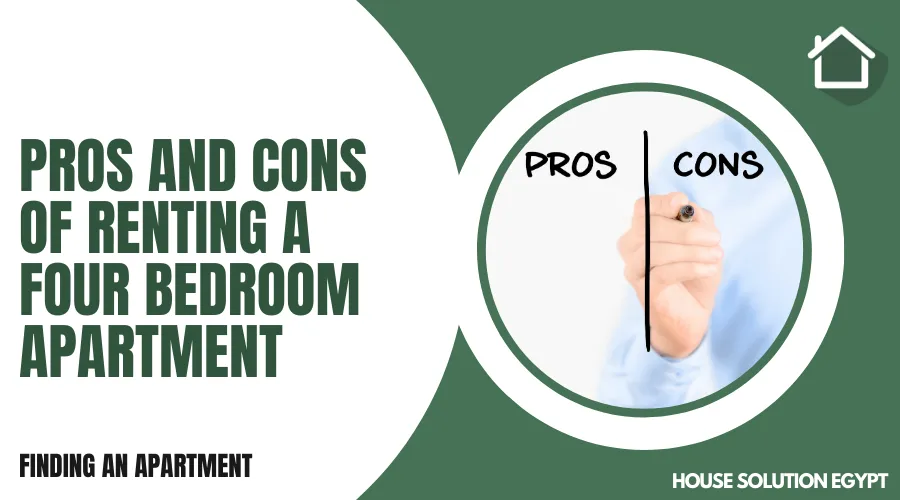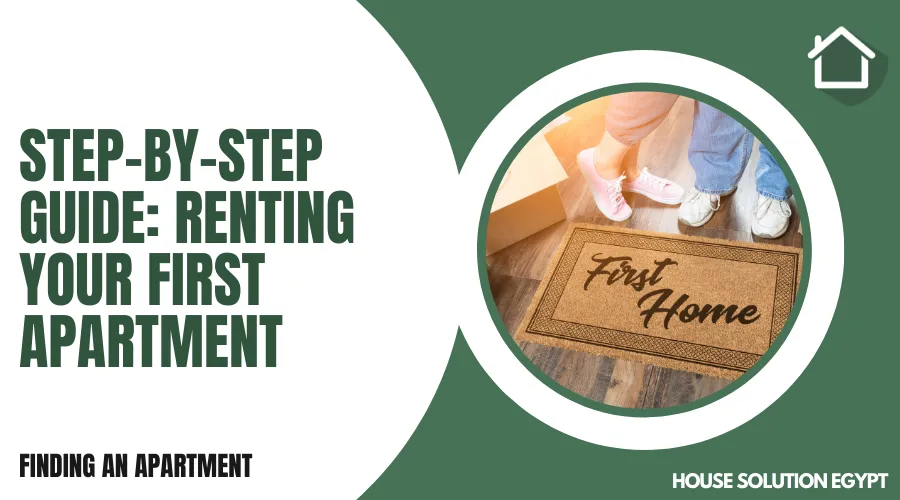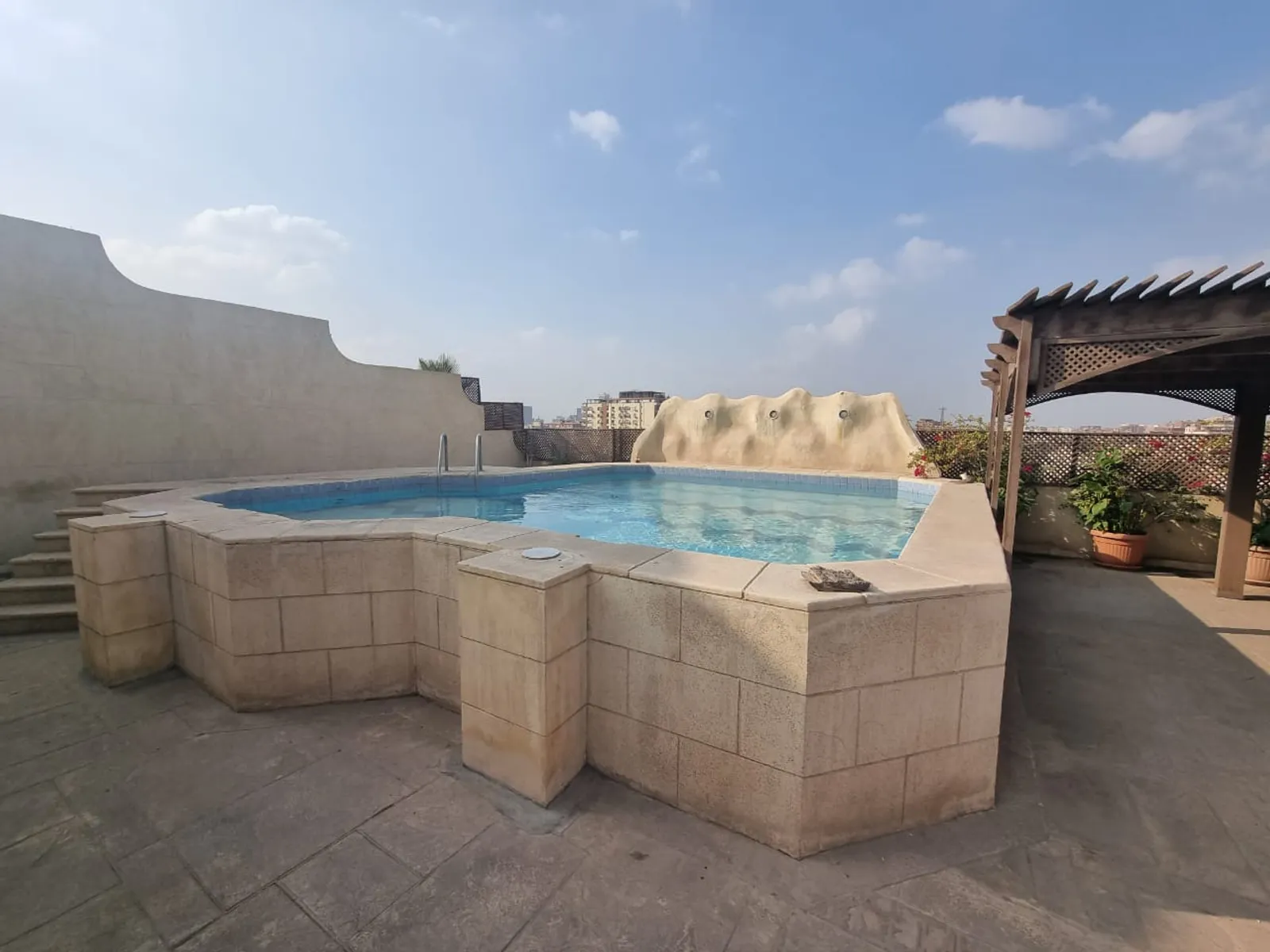THE ULTIMATE GUIDE TO LOCATING YOUR NEXT RENTAL APARTMENT
Finding an Apartment|4.5 MIN READ|Updated on: 07 October 2023|Written by: Marwa Samir
Benefits of Research
One of the most significant benefits of research when searching for your next residence is that it enables you to find a home that meets all your needs. By researching the various neighborhoods and their amenities, you can determine which location best suits your lifestyle. Additionally, by conducting research, you can identify prospective properties that fit within your budget range.
Another benefit of research is that it helps you avoid potential pitfalls in the home-buying process. When researching homes, you become more knowledgeable about what to look for in a property and are better equipped to identify red flags. This knowledge also helps prevent buyer's remorse once the purchase has been made.
Thorough research allows you to make informed decisions based on data rather than emotions or impulses. Researching market trends and comparable sales in an area helps ensure that you are making a sound investment decision while avoiding overpaying for a property. In conclusion, conducting comprehensive research when hunting for your next residence is crucial as it ensures that you end up with a house that fits both your needs and budget while minimizing any potential risks involved in the buying process.
Step 1: Identify Needs & Wants
Identifying your needs and wants is the first step in finding your next residence. Start by making a list of non-negotiable items, such as proximity to work or school, number of bedrooms, and essential amenities. These factors will help narrow down your search and ensure that you are only looking at properties that meet your basic needs.
Next, consider your wants. These are things that would be nice to have but aren't necessary for a functional living space. Examples may include a pool or fitness center on the property, an updated kitchen with high-end appliances, or a balcony with a view. By identifying these wants early on in the process, you can focus on properties that not only meet your needs but also offer some added bonuses.
Keep in mind that compromise may be necessary when it comes to finding the perfect residence. Being flexible and open-minded about what you need versus what you want will increase your chances of finding a home that meets most if not all of your criteria while staying within budget constraints. Overall, taking time to identify both needs and wants will set you up for success as you begin searching for your next residence.
Step 2: Narrow Down Your Search
Once you have identified your preferred location, it's time to narrow down your search. One of the most effective ways to do this is by setting a budget range that suits you. This will help eliminate options that are too expensive or out of reach financially. You can also refine your search by considering the type of property you're looking for, such as an apartment or a house.
Another factor to consider when narrowing down your search is the amenities you need in your new residence. Do you require a gym or pool? Perhaps access to public transportation is essential for your daily commute. By identifying these must-haves early on, it will be easier to weed out properties that don't meet your criteria and save you unnecessary viewings.
Overall, taking the time to narrow down your search based on budget, property type, and desired amenities can save you time and energy in the long run. It's important not to rush this step and instead take the necessary steps toward finding a residence that meets all of your requirements before committing to anything.
Step 3: Tour Properties & Ask Questions
When it comes to locating your next residence, touring properties and asking questions is an essential step. This allows you to get a firsthand look at the property and its surroundings, giving you a better sense of whether it would be a good fit for you. During the tour, make sure to inspect every corner of the property and take note of any damages or repairs that need to be made. This will give you an idea of how much work needs to be done before moving in.
Asking questions during your tour is also important. Don't hesitate to ask about amenities such as parking, laundry services, or storage space. Additionally, inquire about the community in which the property is located. What are the nearby attractions? How long does it take to commute from there? These are all important factors that can influence your decision when choosing a new residence.
Overall, touring properties and asking questions provide valuable information that can aid in making informed decisions regarding one's next residence. By taking this step seriously and being thorough in one's examination of potential properties, individuals can ensure they find their ideal living situation.
Step 4: Check for Amenities & Services
When looking for a new place to live, it's important to consider the amenities and services that are available in the area. These can make a huge difference in your quality of life and can even save you time and money in the long run. Some important amenities to look for include grocery stores, restaurants, parks, schools, and medical facilities. Make sure to research these before making a final decision on where to live.
Another key factor when checking for amenities is transportation options. Look for areas with easy access to public transportation or major highways if you have a daily commute or need to travel frequently. It's also helpful if there are bike lanes or walking paths nearby for those who prefer more eco-friendly modes of transportation.
Don't forget about the services that may be offered by your potential residence itself. This could include things like laundry facilities, fitness centers, swimming pools, or even pet-friendly accommodations if you have furry friends. Taking all of these factors into account will help ensure that you find a place that truly fits your lifestyle and needs.
Step 5: Consider Costs & Lease Terms
Once you have narrowed down your options to a few potential residences, it's time to consider the costs and lease terms of each. The cost of rent is obviously a major consideration, but don't forget to factor in any additional expenses such as utilities or parking fees. Make sure you can comfortably afford the monthly rent without stretching your budget too thin.
In addition to cost, it's important to carefully review the lease terms for each residence. Look for any clauses that could impact your living situation or your ability to renew your lease in the future. You should also make note of any penalties for breaking the lease early or failing to pay rent on time.
Be sure to ask questions and clarify anything that may be unclear before signing on the dotted line. A clear understanding of both the cost and terms of your new residence will help ensure a smooth transition into a comfortable home.
Step 6: Make a Decision
After going through the previous steps, you may have a few options to choose from. Now it's time to make a decision on where you'll be residing next. Before finalizing, review your priorities and preferences in terms of location, budget, amenities, and accessibility. It is important to keep in mind the pros and cons of each option as well as any potential future changes such as job or family obligations.
Consider revisiting your top choices to get a better feel for the area and its surroundings like parks or grocery stores nearby. You can also ask around about neighborhood safety or talk to current residents if possible. If you're still unsure after weighing all factors, take some time to think about what truly matters most for your lifestyle and long-term goals.
It's normal to experience some hesitation before making a big decision like this but ultimately trust your instincts and go with what feels right for you at this point in time. Congratulations on successfully navigating through each step of finding your next residence!
Conclusion: Enjoy Your New Home!
In conclusion, the ultimate goal of this guide is to help you find your new home with ease. We have provided you with comprehensive steps and tips that will make the process less daunting. Now that you have gone through each step, it's time to relax and enjoy your new abode.
Moving can be a stressful experience, but it's also an exciting one. You now have a fresh start in a new environment, which means you get to create new memories and experiences for yourself and your loved ones. Take some time to explore your new neighborhood, meet new people, and try out local restaurants and attractions – after all, moving is not just about finding a place to sleep; it's about creating a lifestyle that suits you best.
Finally, don't forget to take care of yourself during this transition period. Moving can be physically exhausting and emotionally draining. So give yourself enough time to rest and adjust accordingly. With these final words of encouragement – enjoy your beautiful new home!






